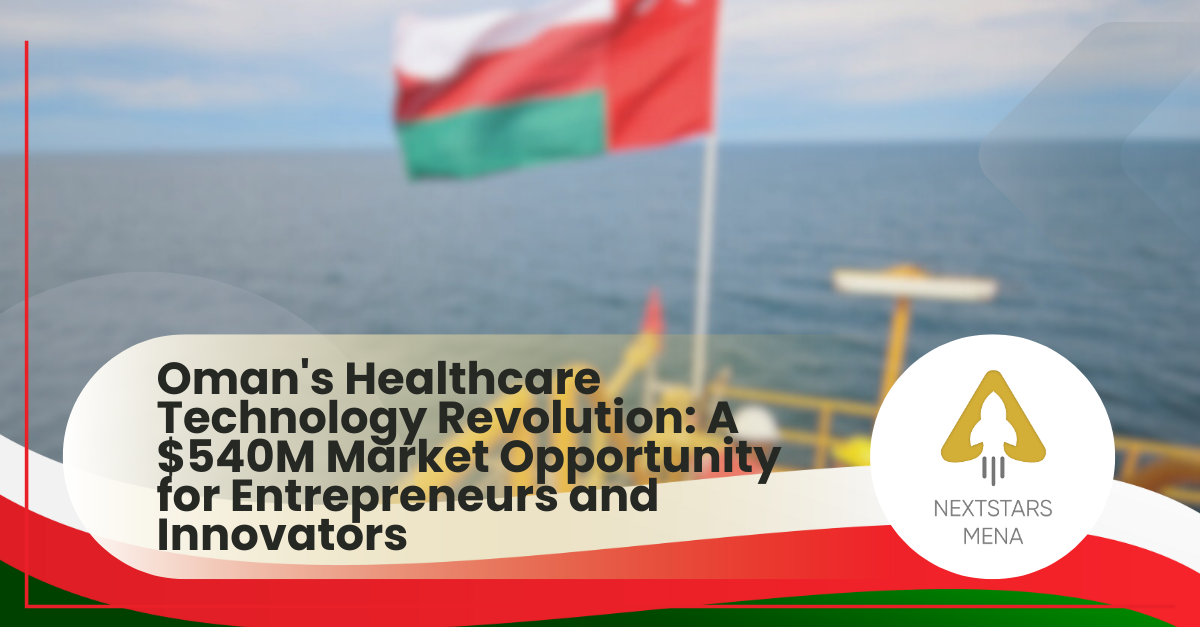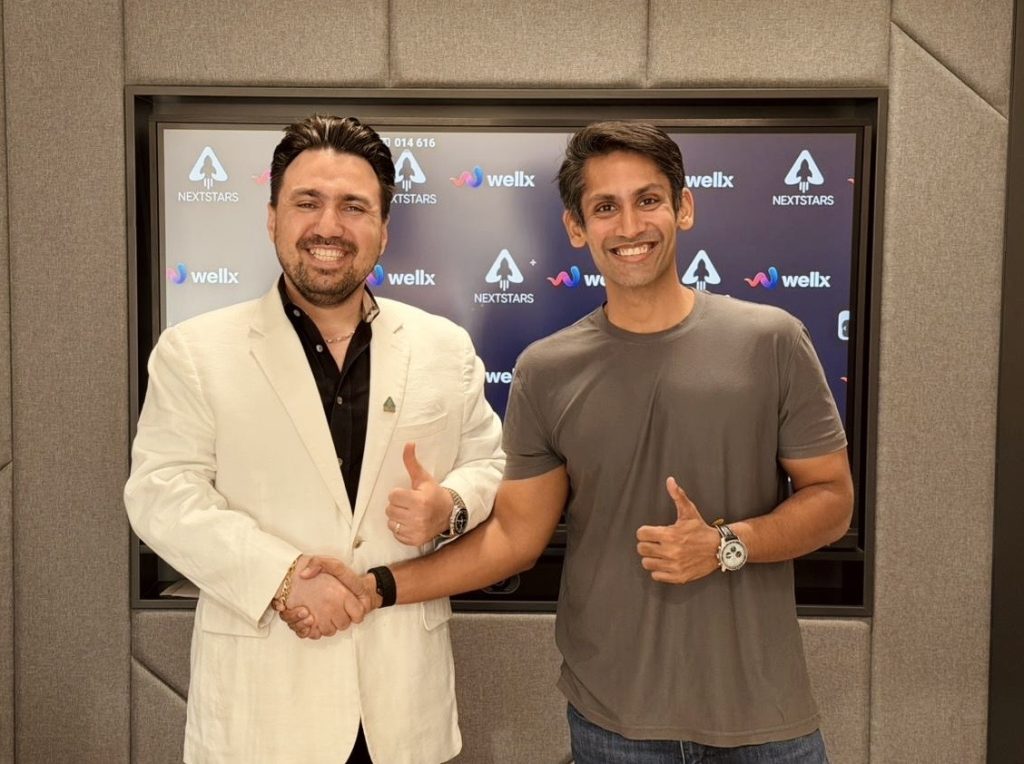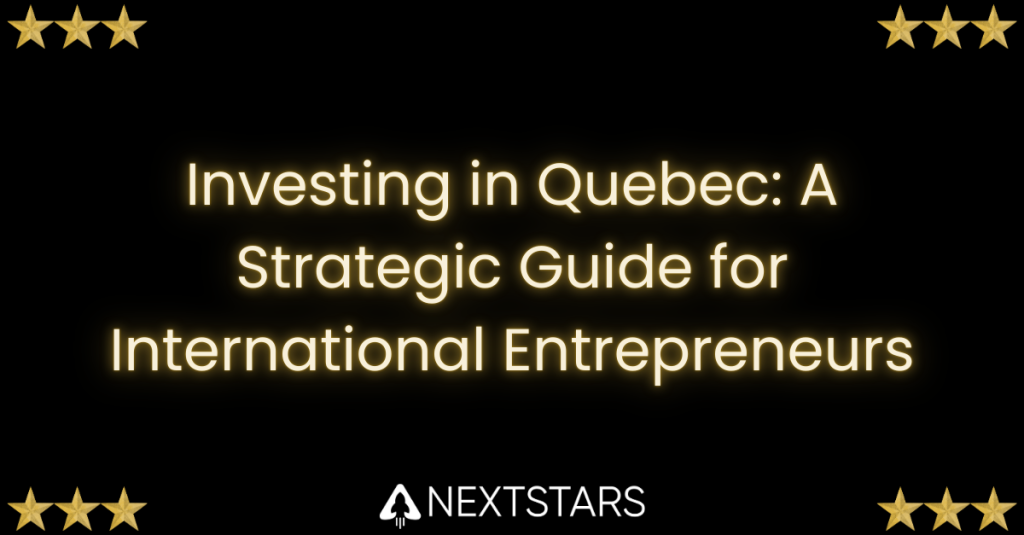If you look at a geological map of the world, Oman stands out like a beacon. It is the only country with massive, exposed surface mantles of peridotite—rocks that naturally react with carbon dioxide to turn it into stone.
For decades, Oman was known as the quiet, steady diplomat of the Gulf. Today, it is leveraging that unique geology to make one of the loudest statements in the global energy transition. Oman isn’t just diversifying; it is effectively betting the house on Green Hydrogen and Deep Tech, aiming to produce 1 million tons of green hydrogen per annum by 2030 and 8 million tons by 2050.
At Next Stars, we look for ecosystems where policy, capital, and innovation intersect. Right now, Oman is that intersection. This is not just about “Big Oil” going green; it’s about a government orchestrating a complete market overhaul—and actively seeking international startups to help them do it.
The Big Picture: From Operator to Orchestrator
The first thing for founders and investors to understand is that Oman has moved past the “announcement” phase and into the “structuring” phase. Under Oman Vision 2040, the government has realized it cannot just be the operator of assets; it must be the orchestrator of a market.
Our analysis identifies three key entities reshaping the playing field:
- Hydrom (The Masterplanner): Unlike other regions where developers fight for permits, Hydrom has master-planned 50,000 km² of land (an area roughly the size of Slovakia). They auction huge “blocks” to developers, ensuring the infrastructure is cohesive. In recent rounds, they awarded blocks to massive consortia including BP, Shell, and Posco-Engie.
- Energy Development Oman (EDO – The Banker): This entity holds the state’s stake in Petroleum Development Oman (PDO) and uses that massive credit rating to finance renewable projects. It’s a smart way to use today’s oil revenue to pay for tomorrow’s hydrogen infrastructure.
- Oman Future Fund (The VC): Launched in 2024 with $5.2 billion (OMR 2bn) capital, this fund (via the Oman Investment Authority) has a mandate to allocate ~10% specifically for SMEs and startups, with a heavy bias toward sustainable technology.
The Small Picture: The “Pilot Economy” & Middle Layer
While the giants fight over gigawatts, a fascinating ecosystem is emerging for the “Middle Layer” of technology—the startups that solve the specific, messy problems of operating in a desert.
Success Stories: Who is Getting In?
- The Unicorn-in-Waiting (44.01): Named after the molecular mass of CO2, this Omani startup mineralizes carbon into peridotite rocks. They didn’t just write a whitepaper; they ran a successful pilot in Oman, proved the science, and attracted backing from Bill Gates’ Breakthrough Energy Ventures and Sam Altman.
- The International Entrant (Heliovis): An Austrian solar-thermal company that didn’t try to sell a massive plant on day one. Instead, they partnered with ARA Petroleum to build a pilot turning “produced water” (salty, oily water from oil wells) into drinking water. They solved a specific pain point for a specific local partner.
- The Local Hero (Wakud): A startup that built a biodiesel plant in Khazaen Economic City, turning used cooking oil into fuel. They recently signed a deal to power deep-sea drilling rigs with their biofuel—a classic example of a pilot turning into commercial procurement.
The Gaps: Where Your Startup Fits
The mega-projects are set, but the “middle layer” is missing. Based on our research into PDO’s Technology Innovation Portal (TIP) and Hydrom’s mandates, here are the three biggest gaps for inbound innovators:
1. The “Harsh Environment” Stack Solar panels in Oman suffer from extreme heat (reducing efficiency) and fine dust (soiling). The market is desperate for autonomous dry-cleaning robots (water is too scarce to wash panels), heat-resistant PV coatings, and AI-driven predictive maintenance for dust storms.
2. Water Management (The “Produced Water” Crisis) For every barrel of oil, Oman produces roughly 9 barrels of contaminated “produced water.” PDO is actively looking for “biosaline agriculture” solutions—crops that can grow in treated oilfield water (like the Nimr Reed Beds project). If you have biotech that cleans water or crops that tolerate salt, Oman is your lab.
3. Grid Flexibility & Storage As Oman targets 30% renewables by 2030, the grid will face massive instability. There is no clear roadmap yet for grid-scale battery storage, creating high demand for software solutions for load balancing and “virtual power plants.”
The Bridge: Inbound vs. Outbound Innovation
For the NextStars community, Oman represents a perfect case study in how Inbound and Outbound innovation must work together.
Inbound Innovation (The “ICV” Lever) International startups often ask, “Can I just sell my software to Oman?” The answer is increasingly “No.” Oman utilizes In-Country Value (ICV) policies. To win tenders, you need to show local impact.
- The Play: Don’t just sell; deploy. Partner with the OQ Accelerator or the PDO Technology Innovation Portal. Bring your IP, but build your pilot on Omani sand. This unlocks fiscal incentives (like tax exemptions) and fast-tracks procurement.
Outbound Innovation (The Export) Oman is no longer just an importer of tech. Companies like 44.01 are expanding into the UAE, and technologies stress-tested in the Omani desert are finding markets in Australia, Arizona, and North Africa.
Strategic Imperatives for Founders
Oman is trying to do something difficult: jump from a resource-based economy to a knowledge-based economy in under two decades. They have the capital (EDO) and the land (Hydrom). What they need now are the agile players to fill the technical gaps.
Actionable Next Steps:
- Check the Portal: Visit the PDO Technology Innovation Portal. Look at the “Challenges” section. If your tech can solve one of those specific problems (e.g., leak detection, water treatment), you aren’t just pitching a VC; you’re pitching a customer with a multi-billion dollar budget.
- Leverage NextStars: We are actively monitoring the Oman Future Fund and OQ Accelerator cycles. If you are a deep-tech founder looking to enter the MENA region, reach out to our team to understand how to navigate the ICV requirements.
Looking to navigate the Omani innovation ecosystem? Keep an eye on NextStars as we continue to map the bridges between global talent and emerging opportunity.





